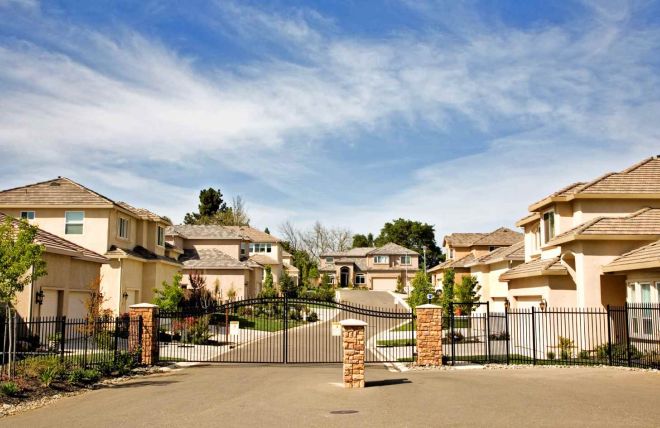Cybersecurity threats are an ever-growing concern for community associations, making cybersecurity insurance a necessity rather than an option. With the increasing amount of sensitive data stored digitally, including financial records, resident information, and HOA communications, a cyberattack could have devastating consequences. This post explores why cybersecurity insurance is essential for community associations and how it can safeguard against potential risks.
The Rising Threat of Cyberattacks
Community associations are becoming prime targets for cybercriminals. With financial transactions, email communications, and sensitive resident data all stored online, a breach could lead to financial loss, reputational damage, and legal liability. Cybercriminals employ various tactics such as phishing, ransomware, and social engineering to exploit vulnerabilities within HOA networks.
Digital communication is vital for modern HOAs, but without proper security measures and insurance, it also becomes a potential risk factor.
Financial Protection Against Cyber Losses
Cyberattacks can be costly. From forensic investigations to legal fees and data recovery expenses, the financial toll can be overwhelming for an HOA. Cybersecurity insurance helps cover these costs, ensuring the community association can recover without bearing the full financial burden.
Some HOAs mistakenly assume that their general liability insurance will cover cyber-related losses. However, most traditional insurance policies exclude cyber incidents. Investing in HOA software with robust security features, combined with dedicated cybersecurity insurance, offers a more comprehensive protection plan.
Regulatory Compliance and Legal Coverage
Many states have enacted stringent data protection regulations, requiring organizations—including HOAs—to implement cybersecurity measures and notify affected parties in case of a breach. Failure to comply can result in hefty fines and legal action. Cybersecurity insurance not only helps cover legal expenses but also provides resources to manage regulatory compliance effectively.
As HOAs increasingly transition to digital document storage, ensuring data security and compliance becomes critical. Cyber insurance can help mitigate potential legal risks associated with data breaches.
For a deeper dive into securing your HOA community, read about strengthening cybersecurity by engaging IT professionals and developing a cybersecurity plan for your HOA.
Reputational Damage and Resident Trust
A cyberattack can erode resident trust in an HOA’s ability to protect their personal information. The fallout from a data breach could result in a decline in community confidence, leading to disputes and even legal action from affected residents. Cyber insurance often includes crisis management services, helping HOAs handle public relations, notify residents, and restore confidence after an incident.
Additionally, using secure communication tools can further reduce the risk of breaches, ensuring that sensitive information is transmitted securely.
Enhancing HOA Security Posture
While cybersecurity insurance is essential, it should be part of a broader cybersecurity strategy. HOAs should implement best practices such as:
- Regularly updating software and security patches
- Educating board members and residents about phishing scams
- Implementing multi-factor authentication for sensitive systems
- Conducting regular security audits
Conclusion
The growing threat of cybercrime makes cybersecurity insurance an essential safeguard for community associations. By protecting against financial losses, legal liabilities, and reputational harm, it ensures that HOAs can continue operating securely in an increasingly digital landscape. Investing in the right HOA management software alongside cybersecurity insurance creates a robust defense against cyber threats.
Community associations must take proactive steps to secure their digital assets and mitigate risks. Cybersecurity insurance is not just an added expense—it is a critical component of a responsible and secure HOA management strategy.







